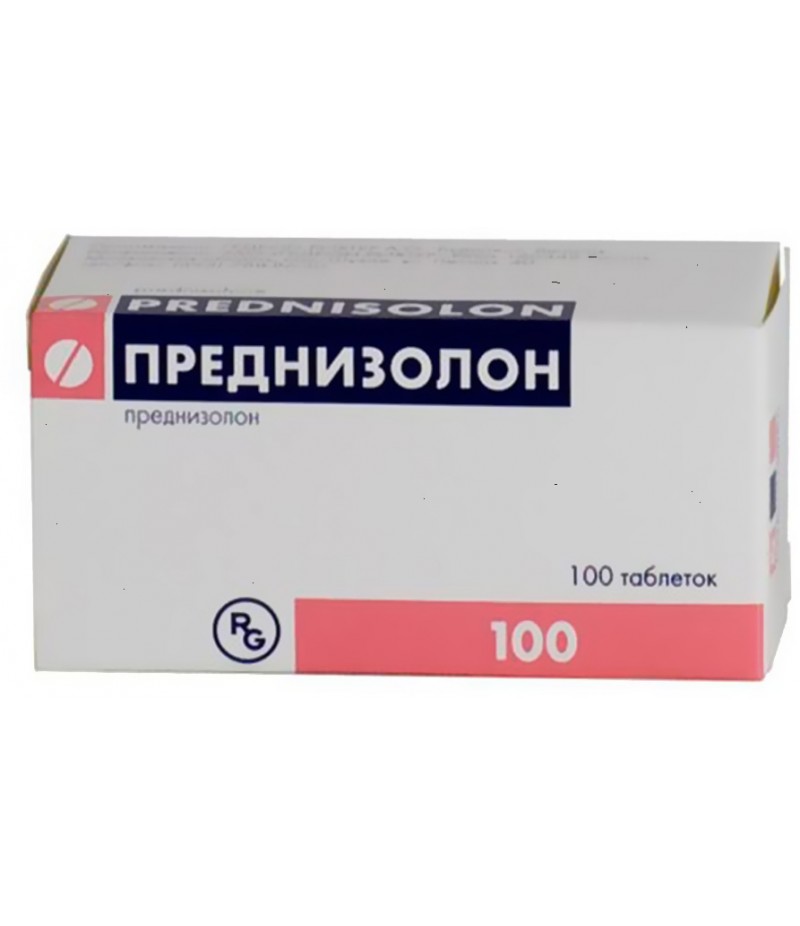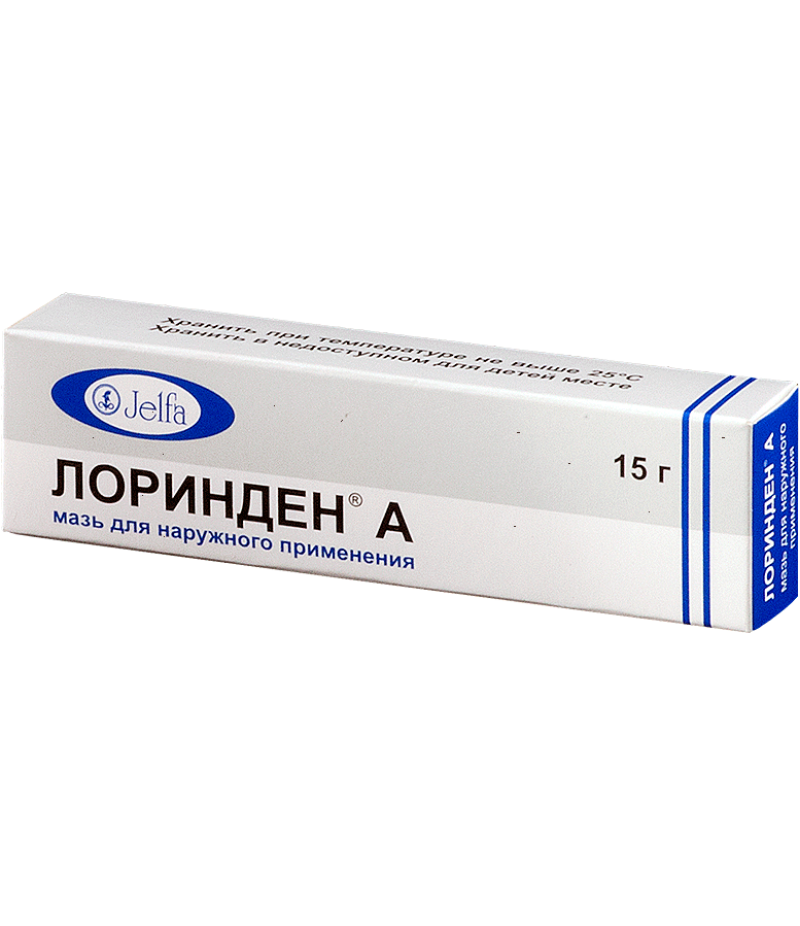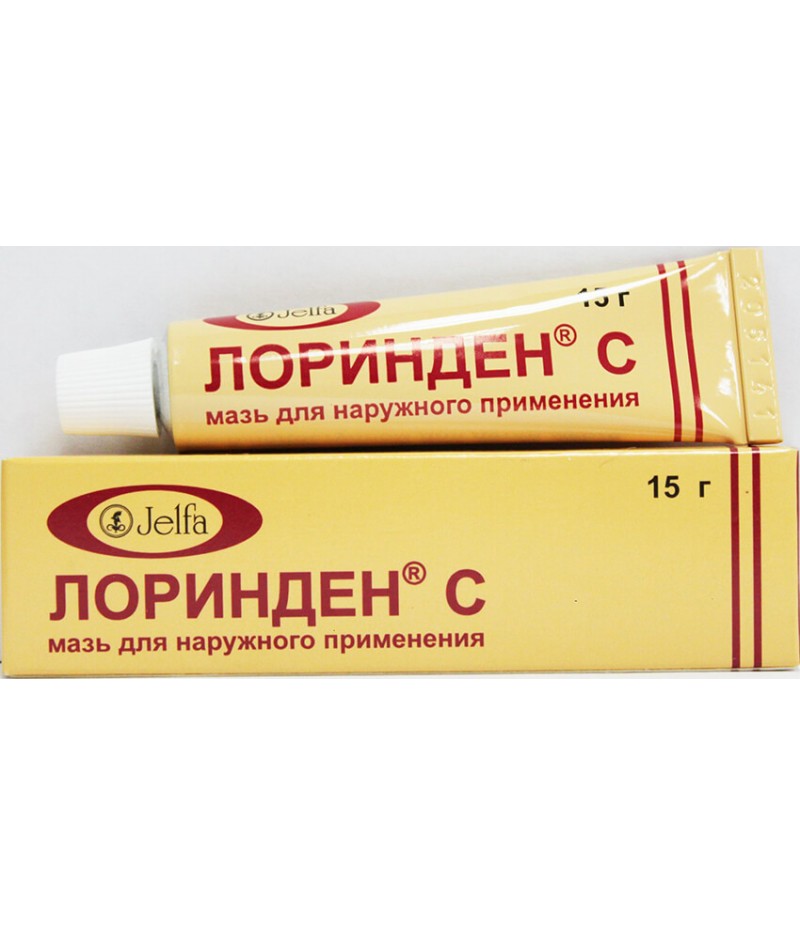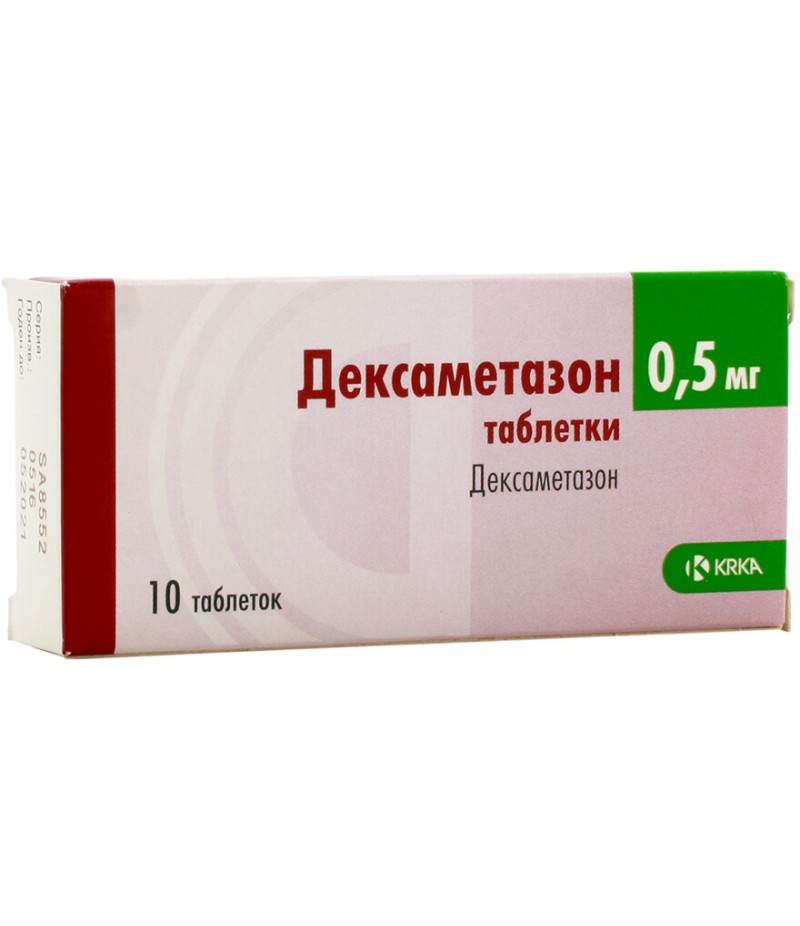Prednisolone tabs 5mg #100
- $5.90
- 3 or more $5.49
- Availability:In Stock
User manual for PrednisoloneYou can buy Prednisolone pills on this pageTablets Prednisolone belong to the pharmacological group of drugs oral glucocorticosteroids for oral use. They have a pronounced anti-inflammatory pharmacologi..
Tags: tabs
User manual for Prednisolone
You can buy Prednisolone pills on this page
Tablets Prednisolone belong to the pharmacological group of drugs oral glucocorticosteroids for oral use. They have a pronounced anti-inflammatory pharmacological effect and are used for various systemic pathologies, primarily associated with an autoimmune pathological process.
Composition and form of release
Tablets Prednisolon have a round planocylindrical shape and white color. On one side, a chamfer is applied to conveniently break the tablets in half. The main active substance of the drug is Prednisolone. Its content in the first pill is 5 mg. It also includes auxiliary components, which include:
Magnesium stearate.
Potato starch.
Lactose.
Gelatin.
Tablets are packaged in bottles of dark glass in an amount of 30 pieces. A cardboard pack contains one vial of tablets and instructions to the preparation.
Pharmacodynamics and pharmacokinetics
Active substance tablets Prednisolone is a synthetic chemical derivative of glucocorticosteroids (hormones of the cortex of adrenals, which perform various biological functions in the body). It has a pronounced anti-inflammatory effect, which is realized due to several mechanisms:
Inhibition (suppression) of the enzyme phospholipase A2, which catalyzes the reaction of synthesis of prostaglandins from arachidonic acid in the focus of the inflammatory reaction. Prostaglandins are the main mediators of inflammation. They are responsible for the development of pain, swelling of the tissues and hyperemia. By blocking the enzyme phospholipase A2 Prednisolone, the concentration of prostaglandins and the severity of the inflammatory reaction decrease.
Inhibition of accumulation of cells of the immune system in tissues that are responsible for the inflammatory process (leukocytes, lymphocytes, tissue macrophages).
Blocking the binding of antibodies produced by B-lymphocytes and plasma cells, with specific receptors in tissues.
Prednisolone also has the ability to immunosuppression, it significantly reduces the functional activity of the immune system as a whole. However, the mechanism of such an effect is still not fully understood. Prednisolone also increases the inverse absorption of water and sodium ions in the distal sections of the renal tubules, increases the catabolism (decomposition) of proteins in the human body, inhibits the synthesis of bone tissue, affects the redistribution of subcutaneous fat, increases the concentration of glucose in the blood. With prolonged intake of Prednisolone in the human body, the production of ACTH (adrenocorticotropic hormone) in the pituitary gland is reduced by the feedback principle, which is responsible for the functional activity of the adrenal glands. Therefore, after a long period of taking Prednisolone tablets, a period of at least 1 month is required to restore normal functioning.
After taking the Prednisolone pill, the active substance is absorbed quickly enough into the systemic bloodstream from the digestive tract, but it may take a longer period of time to develop the therapeutic effect (usually taking the tablets several times according to the dosage). Prednisolone is evenly distributed in tissues, where it acts on various receptors of cells, providing a therapeutic effect. Metabolised and excreted the active substance primarily liver.
Indications for use
To date, a significant number of medical indications for the use of tablets Prednisolone, they are:
Endocrinological pathology - congenital hypoplasia of the adrenal glands (adrenogenital syndrome), primary or secondary adrenocortical insufficiency, as a replacement therapy before surgery in patients with adrenal insufficiency, autoimmune thyroiditis (inflammation of the thyroid gland due to the production of antibodies by the immune system to its cells).
Severe allergic pathology, which can not be treated with other drugs - contact dermatitis, serum sickness, anaphylactic shock, Quincke angioedema, allergic rhinitis, hypersensitivity reaction to various medicines.
Rheumatic systemic diseases in which the connective tissue is affected due to the autoimmune process - rheumatism, rheumatoid arthritis, Bechterew's disease (ankylosing spondylitis), psoriatic arthritis, acute gouty arthritis, systemic lupus erythematosus, systemic scleroderma, dermatomyositis, systemic vasculitis, mesoarteritis, periarteritis nodosa.
Skin diseases - severe erythema multiforme (Stevens-Johnson disease), severe psoriasis, eczema, pemphigus, mushroom skin lesions, seborrheic, exfoliative dermatitis, herpetiform bullous dermatitis, pemphigoid.
Pathology of the blood system - autoimmune hemolytic anemia (acquired), hemolysis (destruction of erythrocytes), congenital aplastic anemia, Verlhof disease (idiopathic thrombocytopenic purpura).
Some liver diseases - chronic hepatitis in the active stage, alcoholic liver damage.
Inflammatory pathology of the joints - bursitis in the acute and subacute course, acute tendovaginitis, epicondylitis, osteoarthritis, which develops as a result of trauma.
Malignant neoplasms (oncological pathology) - breast cancer in women, prostate in men, multiple myeloma, various types of lymphomas, acute and chronic leukemia.
Neurological pathology - tuberculosis meningitis, myasthenia gravis (muscle weakness), multiple sclerosis in the active stage.
The pathology of the eyes is a severe form of slow posterior uveitis in the active stage, sympathetic ophthalmopathy, optic neuritis.
The pathology of the heart is pericarditis.
Diseases of the respiratory system - berylliosis, chronic emphysema, bronchial asthma, symptomatic sarcaidosis, disseminated pulmonary tuberculosis.
Also tablets Prednisolone are used to prevent the reaction of tissue rejection after organ transplantation in transplantology.
Contraindications for use
Since the drug is used primarily for the treatment of severe pathology, the list of contraindications is small:
Hypersensitivity to the active substance of the drug.
Development of severe systemic fungal infections, in which additional suppression of the immune system leads to their progression.
Before prescribing Prednisolone tablets, the doctor must be sure that there are no contraindications.
Dosage and route of administration
Tablets Prednisolone are intended for oral administration. They are applied inside, usually after a meal, once a day, which is associated with the daily rhythm of the secretion of glucocorticosteroids by the adrenal cortex (sometimes, if necessary, the multiplicity of tablets can be increased). The dose is set by the doctor individually, which depends on the type, severity and features of the pathological process in the patient's body. After reaching the necessary therapeutic effect, the dose gradually decreases until it is saved. The average daily dose for an adult varies from 5 to 60 mg. The maximum daily dose should not exceed 200 mg (it is used for acute course of multiple sclerosis for 7 days, then the dose gradually decreases to 80 mg per day). Children dosage is set at the rate of 0.14 mg of Prednisolone per 1 kg of the child's body weight. If you miss a pill, you must take it as soon as possible.
Side effects
With the short-term use of tablets, Prednisolone side effects are extremely rare. With a longer use of the drug, it is possible to develop negative reactions from various organs and systems:
The digestive system is a steroid ulcer of the stomach or duodenum associated with the fact that Prednisolone inhibits the synthesis of prostaglandins of the digestive tract, performing a protective function, perforating the ulcer or bleeding from it, periodic nausea, vomiting, increased appetite, inflammation of the pancreas (pancreatitis), esophagus esophagitis) with the formation of ulcers in it, a violation of the digestive process, increased gas formation in the intestine (flatulence).
Nervous system - increased intracranial pressure, which is accompanied by a congestive optic disc syndrome (often develops in children), sleep disorders, convulsions, severe dizziness, headache, fainting.
Endocrine system - a violation of the functional activity of the adrenal cortex (adrenal insufficiency), suppression of the growth process in children, increased blood sugar (hyperglycemia), menstrual cycle disorders in women, manifestation of latent (latent) diabetes mellitus, hirsutism (increased skinning of the skin, especially is noticeable in women).
Water-electrolyte balance - the retention of water and salts in the body, accompanied by an increase in blood pressure, as well as the development of circulatory insufficiency.
Musculoskeletal system - muscle weakness, increased fragility of bones (osteoporosis), which is the cause of subsequent pathological fractures, including compression fracture of some vertebrae.
Skin and subcutaneous tissue - thinning (atrophy) of the skin, striae on it, deterioration of wound healing, erythema (reddening of the skin), increased sweating (hyperhidrosis), the appearance of acne, pinpoint hemorrhages on the skin (petechiae).
Eyes - cataract, an increase in intraocular pressure, which subsequently develops glaucoma, exophthalmos.
Higher nervous activity - the symptoms of psychosis may appear, especially in the first 2 weeks after taking pills. Prednisolone is more common in women and in people with red systemic lupus.
Metabolism is a negative nitrogen balance in the body, which is caused by increased destruction of proteins, an increase in body weight.
Indicators of laboratory studies - reduction in the number of leukocytes (leukopenia), platelets (thrombopenia), increased calcium levels in the blood, urine, increased triglycerides, total cholesterol, and low and very low density lipoproteins.
Allergic reactions - rarely on the background of taking Prednisolone tablets, it is possible to develop an anaphylactic shock with multiple organ dysfunction and a progressive decrease in blood pressure.
In the case of side effects, the question of the abolition of Prednisolone tablets is decided by the physician on an individual basis, depending on their type, nature and severity.
special instructions
Tablets Prednisolone is prescribed only by a doctor, they refer to prescription drugs. The specialist must take into account the special instructions regarding the use of the drug before it is prescribed, including:
In the case of presence of systemic fungal infection in the patient against the background of taking Prednisolone tablets, it is possible that its course of progression is progressing, since they suppress the activity of immunity.
Under the influence of stress factors on the patient's body, it is recommended to switch to parenteral forms of glucocorticosteroids, which are administered intravenously or intramuscularly.
The sudden abolition of Prednisolone tablets is excluded, since this can lead to the development of acute adrenal insufficiency, so the dosage is reduced gradually.
Against the background of the use of the drug, it is possible to manifest diabetes mellitus, as well as a latent course of amoebiasis (in persons with signs of intestinal infection of the lower parts of the digestive tract, as well as arriving from tropical countries before prescribing Prednisolone tablets, a dysenteric amoebiasis is mandatory).
Against the background of long-term use of Prednisolone tablets, glaucoma may develop, therefore, a periodic examination by an ophthalmologist is required, as well as measurement of intraocular pressure.
Use of the drug in high doses requires periodic monitoring of the blood pressure level, as well as the weight of the patient.
Patients with tuberculosis administration of the drug is only possible with a lightning-fast flow of disseminated form.
Vaccination of the patient with vaccines containing live, but weakened pathogenic microorganisms (bacteria, viruses) during treatment with the drug is excluded.
Against the backdrop of cirrhosis of the liver, as well as in patients with concomitant hyperthyroidism (increased activity of the thyroid gland), the therapeutic effect of the drug is enhanced.
Precautions Tablets Prednisolone are prescribed to patients with hypoprothrombinemia, with ulcerative colitis, the presence of an abscess (limited purulent cavity) of any localization.
With prolonged use of the drug, the risk of developing osteoporosis (increased bone fragility) associated with calcium leaching is significantly increased.
Receiving tablets after meals significantly reduces the risk of complications from the digestive system.
When prescribing Prednisolone tablets, it is necessary to monitor the indicators of their growth and development.
In men, the drug can lead to a decrease in the number of sperm in a unit of sperm volume.
Pregnant women drug is used with caution and only for life indications.
Tablets Prednisolone can interact with a significant number of drugs from other pharmacological groups.
Data on the effect of the drug on the rate of psychomotor reactions are not provided, but in connection with the possible development of side effects from the nervous system during its application, it is better to abandon potentially dangerous activities.
In pharmacies tablets Prednisolone are dispensed only by prescription. Their independent use is not allowed.
Overdose
Risk of overdose significantly increases with prolonged use of Prednisolone. This is manifested by increased systemic arterial pressure, the development of peripheral edema, the appearance or intensification of side effects. In this case, the drug is temporarily stopped and then the dosage is reduced.
Terms and conditions of storage
The shelf life of Prednisolone tablets is 3 years. They must be stored in a dry, dark, cool, inaccessible place for children in the original original packaging.




